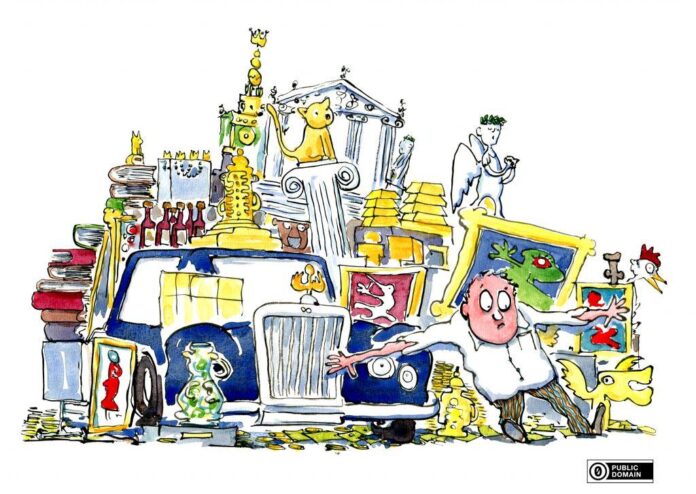By Taryn Bell
Objects and affiliative emotions
Objects can stimulate feelings related to positive, supportive and harmonious social relationships or affiliative emotions and feelings in several ways. Things can stimulate a sense of belonging through shared meaning and identity, as hypothesised for European Upper Palaeolithic beads, which show regional styles (White 2007). In this case the similarity of such objects to all the others in one’s ethnic group is key to their meaning and influences how we feel. The sensory nature of certain objects (‘huggable objects’) can make us feel calmer and more trusting of others (Sumioka et al. 2013; Takahashi et al. 2017). Objects can also stimulate a nurturing response (Spikins 2015, 2017; Spikins et al. 2014), and we can feel motivated to care for objects which are seen to be vulnerable or have been abandoned (Gorman and Wallis 2017). Objects can also provoke specific affiliative memories (Depue and Morrone-Strupinsky 2005).
Attachment objects are a particular class of objects which provoke positive social feelings. Such objects provoke specific emotions related to the intense closeness we feel with our care-givers as a child and with close loved ones as adults in relationships in which we feel supported and cared for.
Analysis – While this article was rather abstract and loosely related, I found it important to find perspective on the psychology of owning things, as this notion seems closely connected to behavioral science. This article approaches human attraction to material things from a psychological viewpoint, exploring the factors that contribute to humankind’s nature to prefer ownership and possession of some objects. It will be interesting to see how this plays into the shared economy as it is understood thus far.




